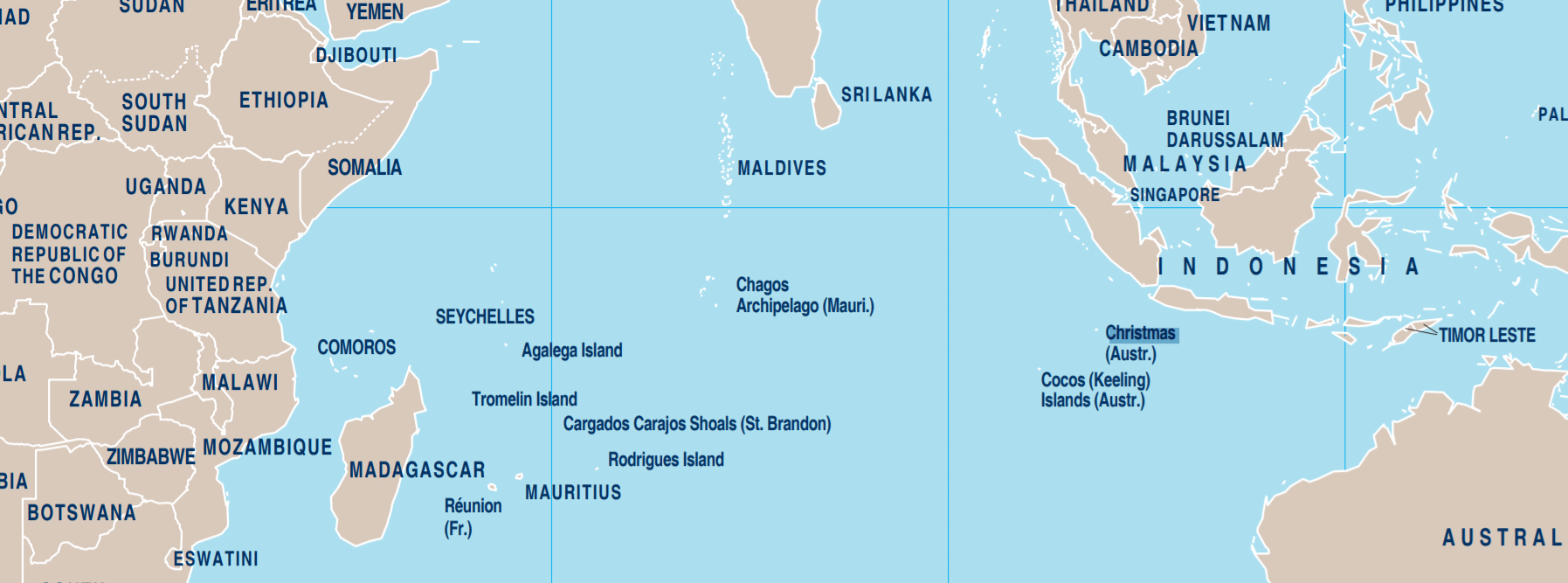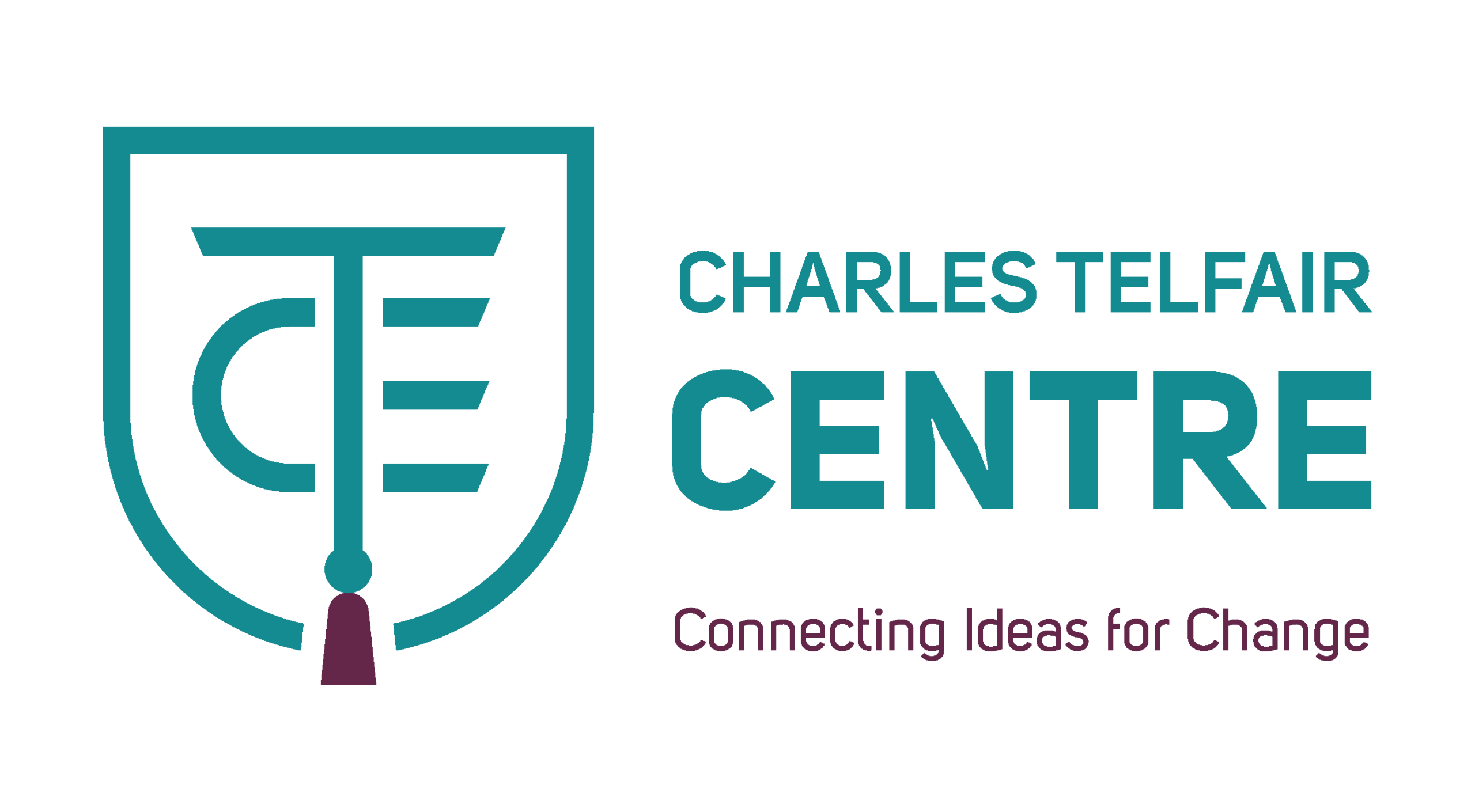Thanjelie Aran, Editorial Assistant, Charles Telfair Centre
On the 10th of November, the Charles Telfair Centre in collaboration with the Prime Minister’s Office organised a lecture on the history of the decolonisation of the Chagos Archipelago. Entitled: A Short History of Colonialism, a Modern Crime against Humanity? – Chagos Archipelago: The Last British Colony in Africa, the lecture was delivered at the Charles Telfair Campus by the internationally renowned human rights lawyer Professor Philippe Sands, QC, GCSK who represented Mauritius during the Chagos Islands dispute hearings.
Reviewing the history of the Archipelago over the last 50 years, Professor Sands presented the circumstances under which the Chagos Archipelago was taken away from Mauritius and how its 2000 inhabitants were then forcibly deported to Mauritius and the Seychelles. The tragedy behind this deportation was poignantly evocated through the testimonial of Mrs Lyseby Elysé, a Chagosian who was uprooted from her home and who still yearns to go back to her native island. She recounted, with emotion, the day she was forced to leave her island:
“My heart is suffering, and my heart still belongs to the island where I was born. Nobody would like to be uprooted from the island where he was born, to be uprooted like animals. It’s heart-breaking, and I maintain justice must be done and I must return to my island where I was born,” Lyseby Elysé
Many attempts by Mauritius to regain sovereignty were left unsuccessful which prompted the then government, under the Prime Minister Navin Ramgoolam, to retain services of lawyers who became part of a legal team tasked with challenging Britain’s actions under international law.
During 50 years of various legal battles, Professor Sands stressed on four key milestone events:
- The UN decision which granted Independence to Colonial Countries and Peoples in 1960
- The UN general assembly adopting a resolution seeking International Court’s advisory opinion on Pre-Independence Separation of Chagos Archipelago from Mauritius in 2017.
- The delivery of a landmark advisory opinion by the International Court of Justice in February 2019 in favour of Mauritius whereby it was concluded that “the process of decolonisation of Mauritius was not lawfully completed” and that “the United Kingdom was under an obligation to bring to an end its administration of the Chagos Archipelago as rapidly as possible”.
- The International Court of Justice’s decision was confirmed by the UN General Assembly (Resolution 73/295) in May 2019, thereby summoning Britain to leave the Chagos within 6 months.
For him, the vote of the 22nd May 2019 was “one of the most remarkable moments in my professional life.” With 116 countries voting in favour of the resolution and only 6 Against plus 56 Abstentions; the vote was a serious setback for Britain on the international scene.
“The general assembly’s membership board lit up green in favour, red against, yellow for abstention, black for absence. Resolution 73/295 passed with a big majority […] including many abstentions that were significant: China, Russia, and France. Only Croatia and Hungary of the EU supported Britain along with only three of the 54 members of the Commonwealth, and significantly, not a single country from Africa, Latin America, or Caribbean voted with Britain.”
The ruling implies that the detachment of Chagos was not based on the free and genuine expression of the will of the people concerned:
“Britain’s occupation of Chagos is illegal and is a continuing international wrongful act. Britain must end its administration as rapidly as possible. Chagos is part of Mauritius […]” quoted Professor Philippe Sands.
By November 2019, the Chagosians were entitled to resettle as a matter of urgency. The UN, its members, the specialized agencies, and all other international organisations are now required to recognize Chagos as part of Mauritius.
The ruling has led to a powerful visual change: the UN has issued a new world map (Map No 4170 Revision 18.1 of 20 February 2020) whereby Chagos is marked as being Mauritian territory – a confirmation of Mauritius’ sovereignty on the Chagos Archipelago.

So far, the UK has chosen to ignore both the International Court of Justice and the United Nations. Yet, in terms of international diplomacy, the UK is now much weaker. Professor Philippe Sands is confident that the UK will one day change its position. Ambassador Jagdish Koonjul, GCSK, in his closing statement, further added “sooner or later UK will have to come to some kind of an agreement” despite the fact that recent alliance between the USA, Australia, and the UK on submarine may suggest a united front to block progress when it comes to Chagos.
On the question of the compensations that had been paid to Mauritius, Professor Sands reminded the audience that the court gave an absolutely definitive view that the 1965 Lancaster House Agreement was reached under duress. He explained that the buyout construct had been illegal from day one and the issue of compensation was thus irrelevant:
“[…] The court is concerned only with the question of consent putting in another way, you can’t buy consent with a handful of pounds and shillings”.
Professor Sands closed his lecture by sharing how it had been an honour and privilege for him to work for Mauritius and its people and to be associated with the cause of the Chagosians:
“They will return to the outer islands of Mauritius’ Chagos Archipelago. It is not a question of if, it is a question only of when.”
Charles Telfair Centre is an independent nonpartisan not for profit organisation and does not take specific positions. All views, positions, and conclusions expressed in our publications are solely those of the author(s).

